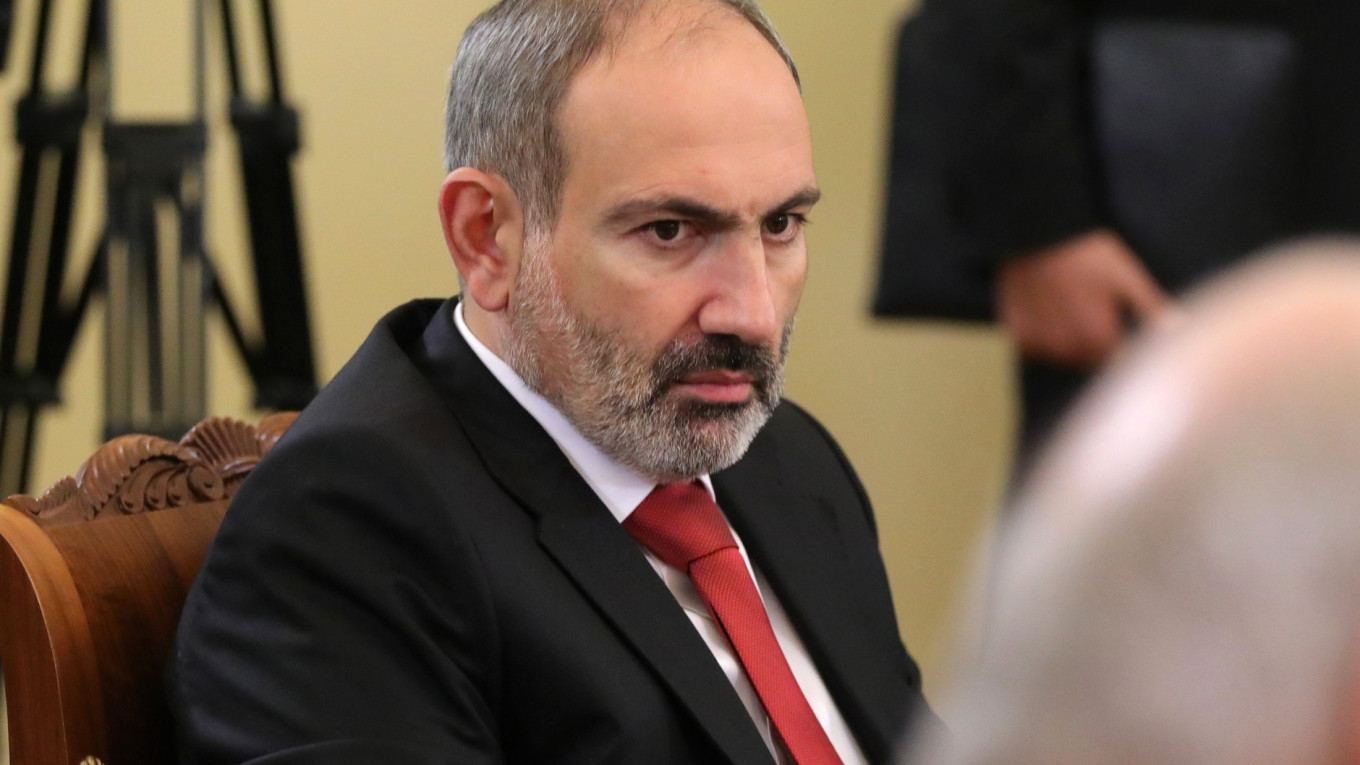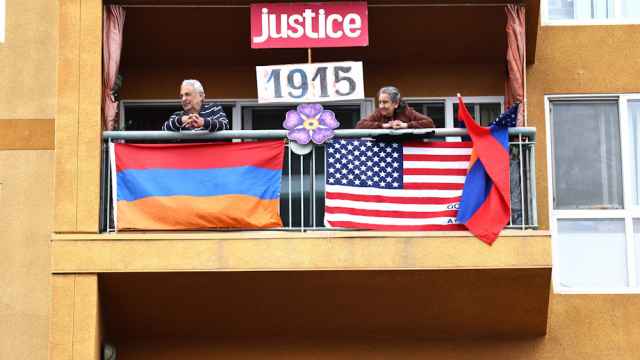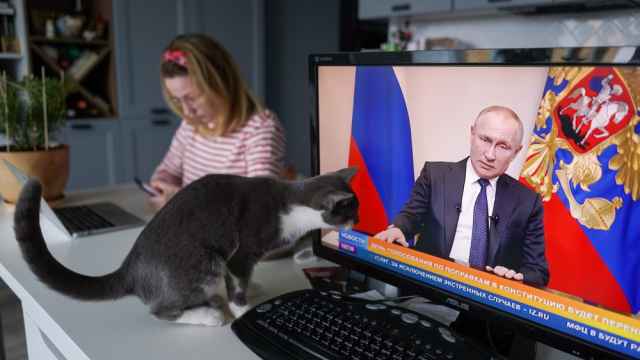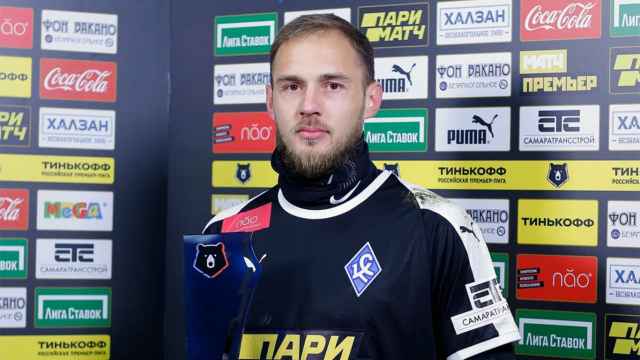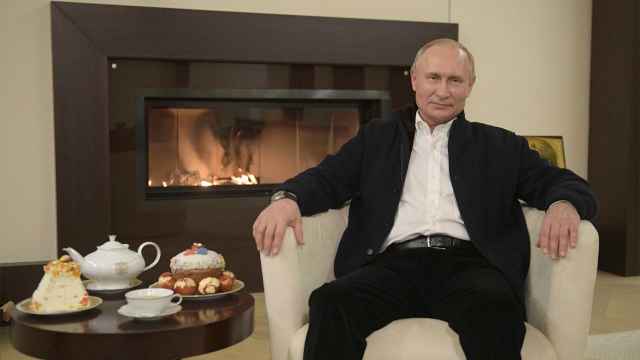Armenia's prime minister has gone into self-isolation as a preventative measure against coronavirus ahead of a meeting with Russian President Vladimir Putin in Moscow, officials said on Friday.
It is common for anybody meeting in person with 68-year-old Putin to isolate beforehand to protect him from the contagion.
Nikol Pashinyan, who faces backlash at home after the country's humiliating defeat in last year's war with Azerbaijan over control of the breakaway region of Nagorno-Karabakh, is expected to meet with Putin next Wednesday.
"Due to the planned meeting with Vladimir Putin, Prime Minister Pashinyan is working in self-isolation since April 2," his spokeswoman Mane Gevorgyan told journalists.
A report published by the BBC's Russian service this week estimated that Russia had spent billions of rubles on efforts to protect the president from the virus.
A large portion of that money was spent on hotel rooms for medical observation for those who come into contact with the president, including journalists, drivers and pilots.
World War II veterans who took part in Russia's annual Victory Day parade on May 9 alongside Putin had to self-isolate as well.
When asked about the BBC report, Putin's spokesman Dmitry Peskov this week described the measures as an "absolutely normal situation."
Russia introduced one of the strictest lockdowns in the world as the first wave of the pandemic swept across the country, sealing off borders, shuttering businesses and even requiring digital passes for movement around the capital Moscow.
During the lockdown, Putin worked from his Novo-Ogaryovo residence outside Moscow, taking part in government meetings via video link.
In June, the Kremlin revealed that the residence was equipped with a disinfection tunnel for all outside visitors that sprays people with disinfectant solution.
Putin received his first dose of a Russian coronavirus vaccine last week, months after the start of a vaccination campaign in the country.
A Message from The Moscow Times:
Dear readers,
We are facing unprecedented challenges. Russia's Prosecutor General's Office has designated The Moscow Times as an "undesirable" organization, criminalizing our work and putting our staff at risk of prosecution. This follows our earlier unjust labeling as a "foreign agent."
These actions are direct attempts to silence independent journalism in Russia. The authorities claim our work "discredits the decisions of the Russian leadership." We see things differently: we strive to provide accurate, unbiased reporting on Russia.
We, the journalists of The Moscow Times, refuse to be silenced. But to continue our work, we need your help.
Your support, no matter how small, makes a world of difference. If you can, please support us monthly starting from just $2. It's quick to set up, and every contribution makes a significant impact.
By supporting The Moscow Times, you're defending open, independent journalism in the face of repression. Thank you for standing with us.
Remind me later.


